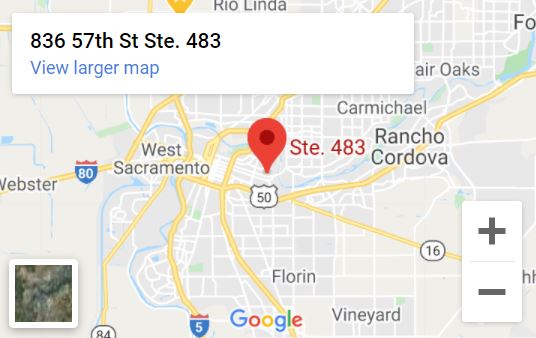Probate
Probate
Losing a loved one is always difficult. If the decedent (deceased person) did not create an estate plan (died without a valid trust) in California, their estate needs to be probated. Trying to figure out how to probate an estate can add to the stress and grief that usually accompanies the death of a loved one and can result in unnecessary delays in probating and distributing the estate. It can also be confusing for those not accustomed to the process.
The first step in probating an estate is usually to appoint an executor of the estate. The proposed executor will need to petition the court to be appointed and give notice to the heirs of the decedent. Once the executor is appointed, the person essentially acts as a trustee (manager) of a trust would act. The executor is responsible for providing an inventory of all assets and creditors of the estate and must give notice to all interested parties. There are statutory timelines in which the executor must prepare certain documents and any mismanagement of the estate can subject the executor to lawsuits for breach of their fiduciary duty. Because of the many steps involved with probating an estate as well as the potential for lawsuits if the probate is not handled appropriately, it is always best to have an experienced attorney on your side to assist with the administration of the decedent’s estate.
Fees payable to the executor and his/her attorney are set by statute. However, if the probate is complex, the court may award additional “extraordinary fees” based on any additional work done in probating the estate.

